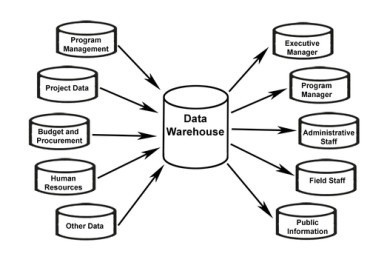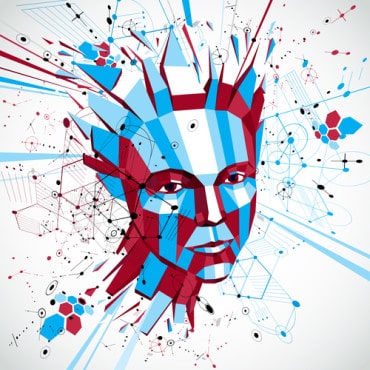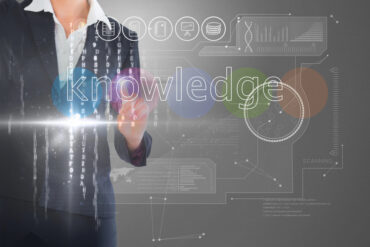
Human bias is a problem in hiring and ML algorithms. Used properly, Artificial Intelligence could help.
A big concern about artificial intelligence these days is potential bias by algorithms that reflect the limited worldviews of programmers. Yet AI could also be a tool for eliminating bias. Consider the emerging interest in real-time screening of job candidates.
“One of the major problems with the way we currently interview job candidates is that the process is largely unstructured, leaving the questioning to the whims and fancies of the interviewer,” write Tomas Chamorro-Premuzic and Reece Akhtar in Harvard Business Review. Not only is this approach inefficient, they say, but it can lead to “biased decision-making due to interviewers expressing and seeking to confirm their own preferences.”
Video or digital interviews can help remove much such bias. Highly structured and standardized interview experiences give every candidate the same opportunity to express their talent, Chamorro-Premuzic and Akhtar say. Still, they note, ultimate hiring decisions are still left to humans.
Enter AI and machine learning.
Algorithms tasked with mining data from hiring videos could identify reliable connections between what people do and say during interviews and their personality, ability, or execution of work. For example, AI capture and analysis of a candidate’s facial expressions and body language, combined what they say and how they say it, might “reveal a lot about a candidate’s talent and indicate how they might perform on the job.”
See also: Could Cognitive Computing Be Helpful or Harmful in Hiring Processes?
It’s more than hypothetical. Researchers have already trained algorithms that mine various characteristics of an individual’s voice (i.e. vocal pitch, loudness, and intensity); body movement (e.g. hand gestures, posture, etc.), or facial expressions (i.e. happiness, surprise, anger, etc.) to accurately predict their personality profile – one of the leading predictors of job performance, according to Chamorro-Premuzic and Akhtar.
Even CEO traits could be analyzed by AI, the authors say, giving recruiters insights on behaviors and qualities critical to executive performance such as communication skills, persuasiveness, stress tolerance, hire-ability, and leadership.
There are other potential advantages to AI-driven recruiting systems, the authors believe. Unlike HR, they won’t suffer fatigue reading 500 resumes or conducting 25 interviews in one day. They won’t be subject to the halo effect, with the first interviewer or last interviewee. And algorithms won’t be fooled by a smooth talker who lacks substance.
Pushback Likely
Despite potential pluses, expect to see pushback on the idea of AI-enhanced hiring. A recent survey by Harris Poll on behalf of Yoh found 69% of Americans would limit the role of AI in hiring. Some 42% say AI should not have a role in candidate selection, and 32% would rather not see the technology used in virtual job interviews.
Even supporters agree: Humans should not be removed completely from the hiring process. As noted, algorithms may bring in their own inherent biases. There’s also the risk that candidates may learn to game the system by “playing to the machines.” Finally, successful organizations and teams are built on a chemistry that is not readily defined.
Whether real-time AI helps eliminate bias or introduces new variations into the hiring process remains an important and open question.





























